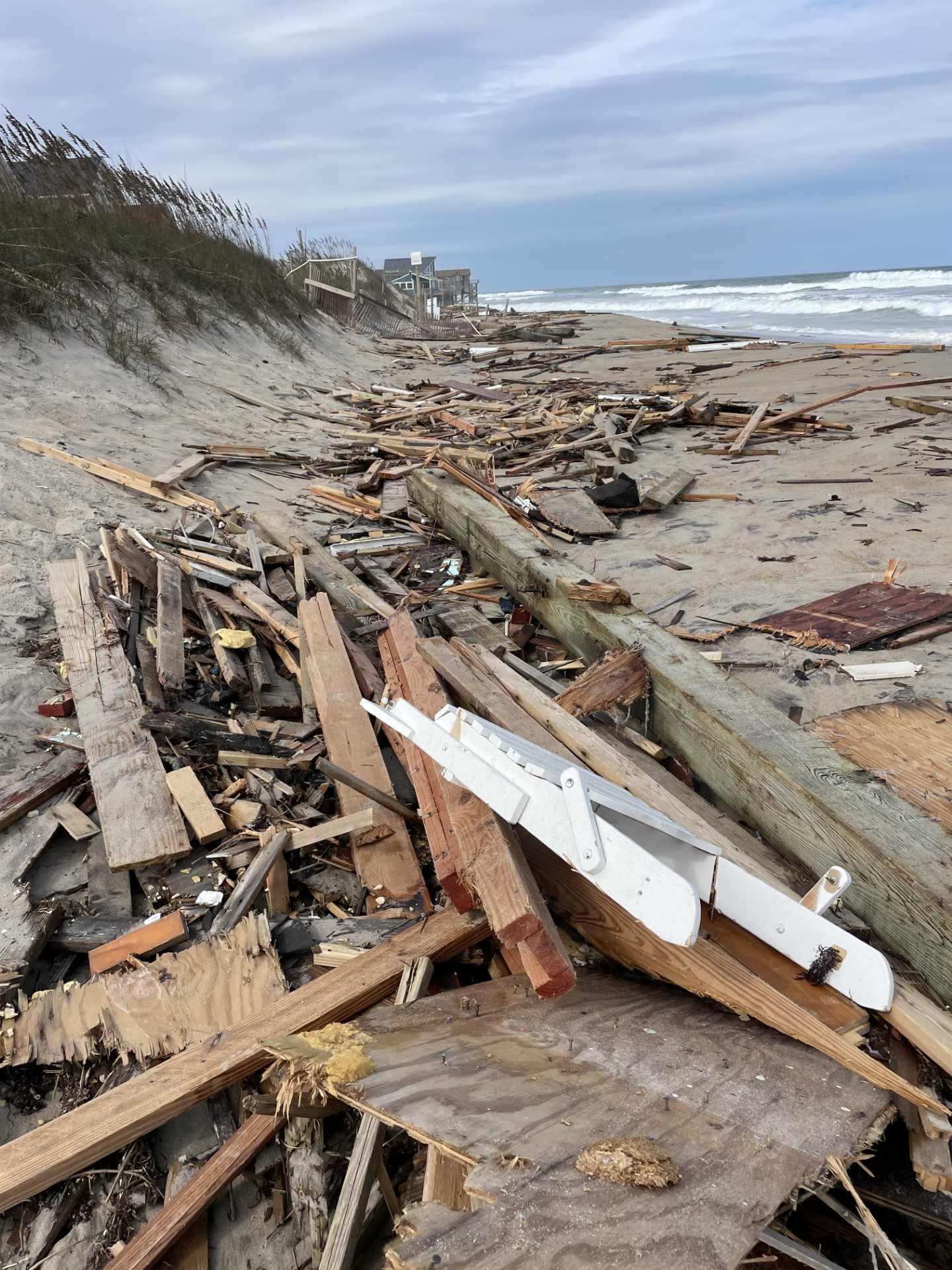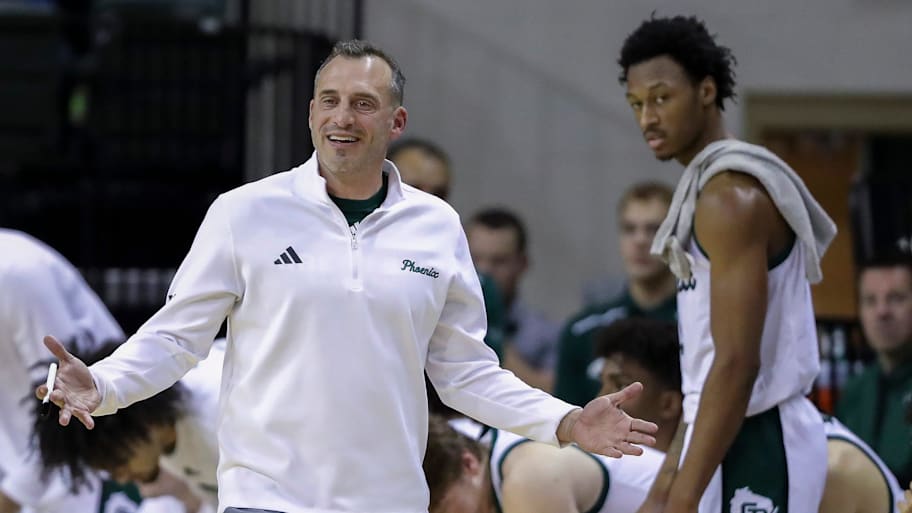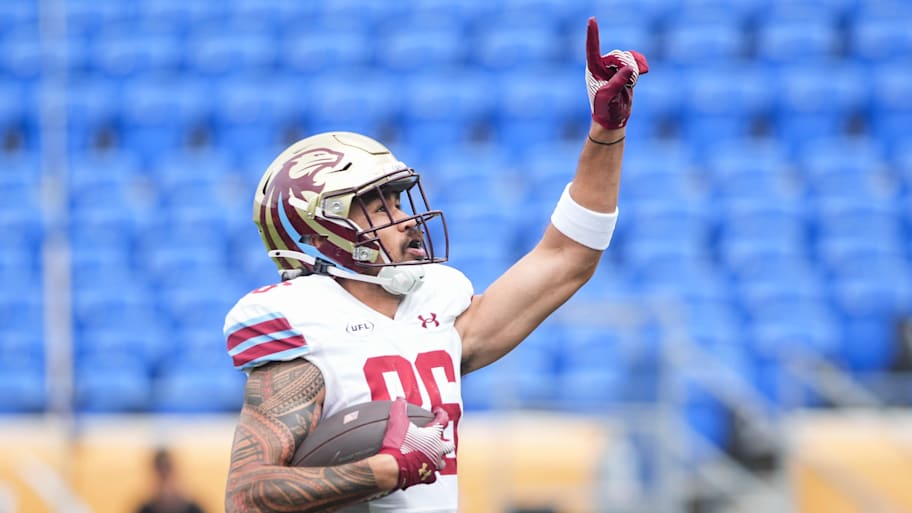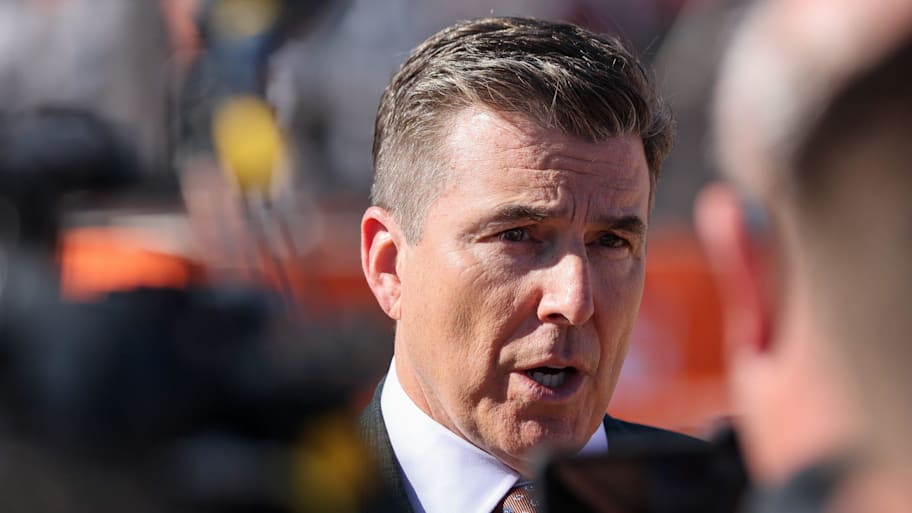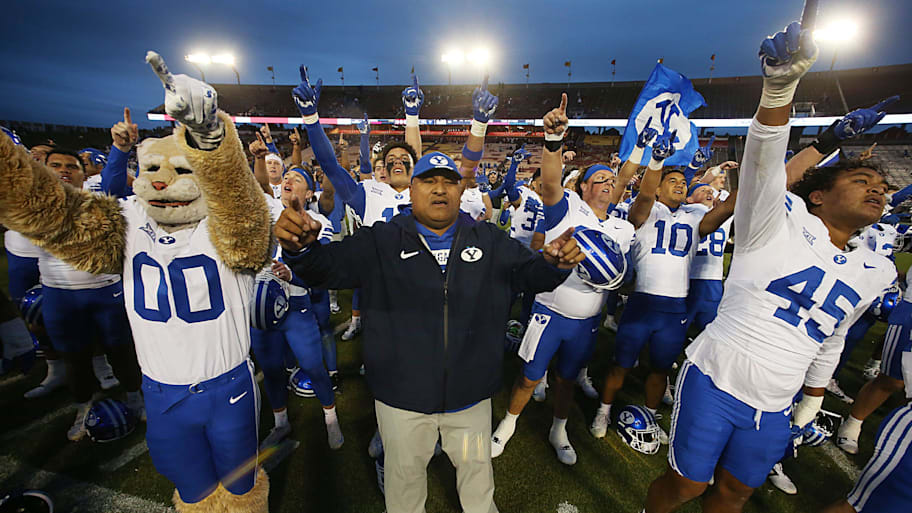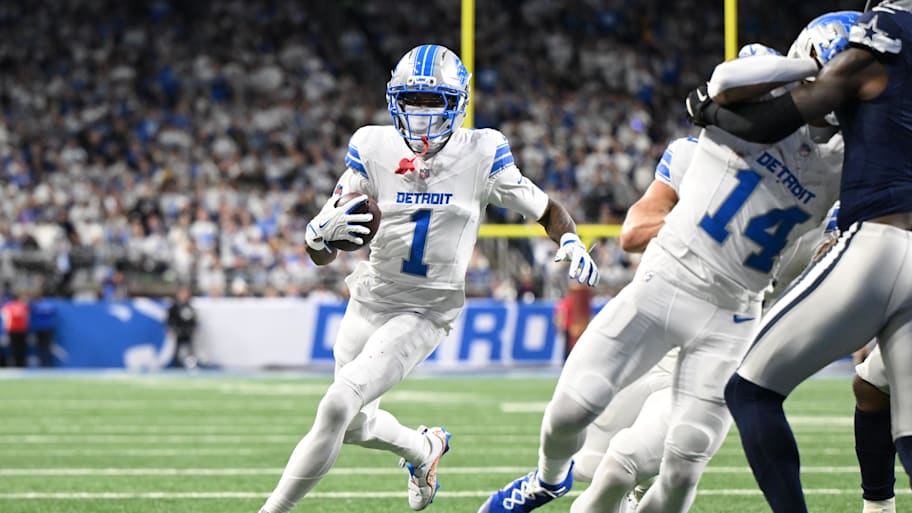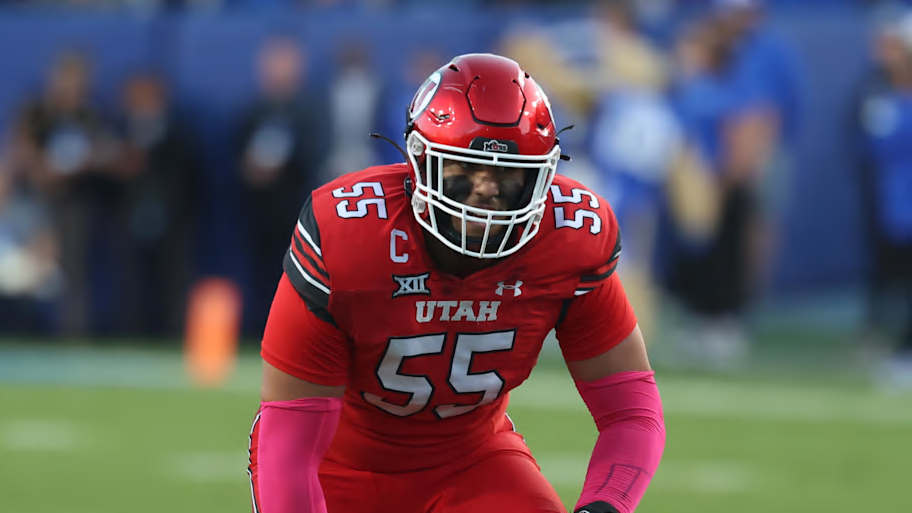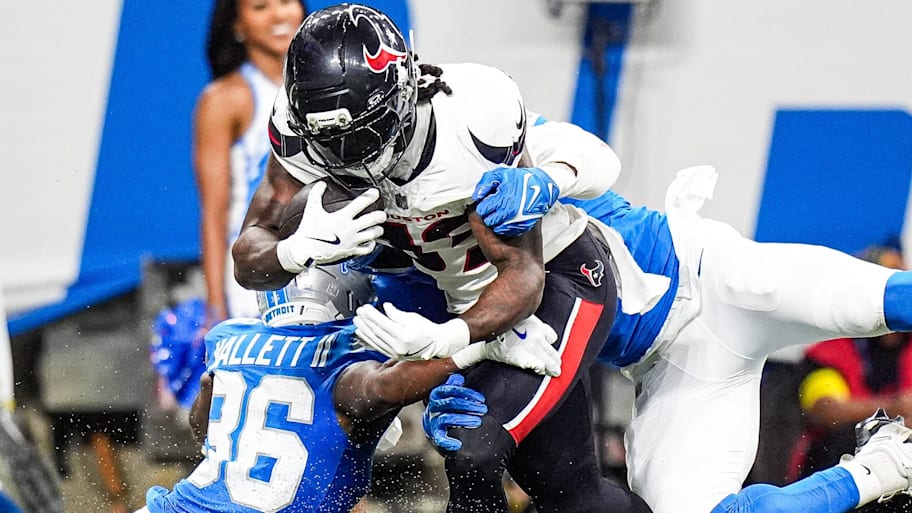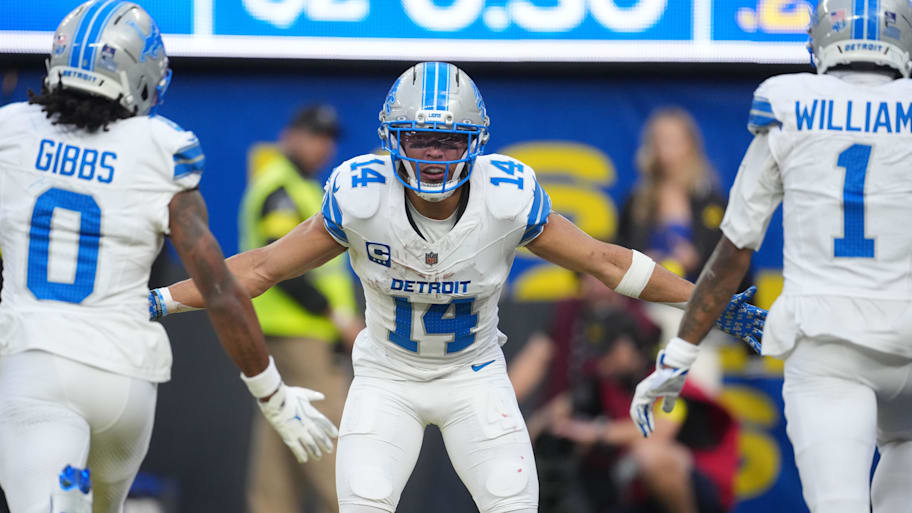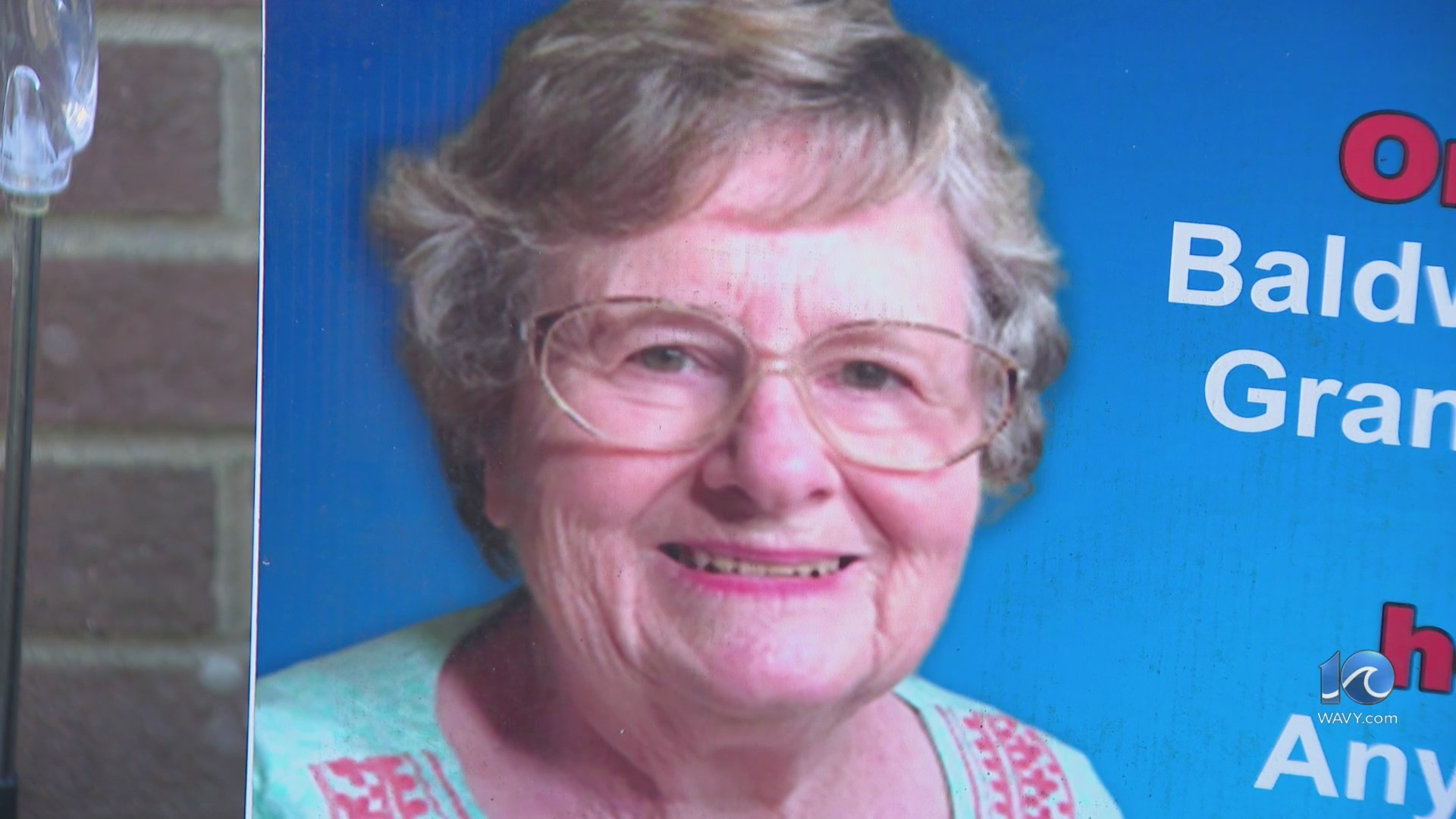South Korea’s athletes will be competing on home ice and snow during the 2018 PyeongChang Winter Olympics. More than 80 athletes will represent the country on the world stage.
Here are the top names to know.
Lee Sang-Ho, snowboarding (parallel giant slalom)
The first time that Lee Sang-Ho tried snowboarding, it was on a frozen cabbage patch that had been turned into a sledding slope. The “Napa Cabbage Boy,” as he came to be known, went on to become an Alpine racer and now has a chance to win South Korea’s first-ever Olympic medal in a snow sport.
Lee is coming off a breakthrough season on the World Cup circuit. The 22-year-old earned a silver medal at an event in Turkey, finished the season ranked No. 5 in parallel giant slalom, and placed fifth at the world championships. He’s also just three years moved from winning a junior world title.
Only four Koreans have ever competed in snowboarding at a Winter Olympics before this year. Lee, who is making his Olympic debut, will be the first to have a legitimate shot at a medal.
Park Guy-Lim, Ski jumping
South Korea only has one female ski jumper: Park Guy-Lim. She could’ve competed in the Olympics under the host country quota rule, but wanted to earn the spot for herself. Park qualified outright for the PyeongChang Olympics when she scored a single point on the World Cup circuit, coincidentally, at the PyeongChang venue in February 2017. No South Korean men made it past the qualification stage at that test event, though three competed.
Park Je-Un, Nordic combined
Park Je-Un is South Korea’s only Nordic combined athlete. He started off as a cross-country athlete, but then pursued ski jumping, before taking up Nordic combined in 2013. He used to train with the South Korean ski jumping and cross-country skiing teams separately. Buw now, he is coached by his father, who previously represented South Korea at the Olympics in cross-country skiing.
Kim Magnus, Cross-country skiing
Kim Magnus was born to a Korean mother and Norwegian father five months after the cauldron was extinguished at the 1998 Nagano Olympic Winter Games – the last time they were held in Asia. Now 19, Kim has been preparing for his first Olympics by practicing on the snowy track which will be used for Olympic cross-country events.
Kim made his World Cup debut in 2016 and has shown steady improvement. In his final race before skiing in front of his home country at the Olympics, Kim posted one of his best sprint qualifying results, finishing 43rd, roughly two minutes shy of advancing to the quarterfinal heats.
In 2016 at the Youth Olympic Games, Kim took home two medals in Olympic disciplines – gold in the 10km individual and silver in the sprint.
Biathlon
Over the past two years a handful of Russian biathletes have been naturalized by South Korea. One of them, Timofei Lapshin, will make his Olympic biathlon debut in PyeongChang wearing the South Korean flag. Lapshin won two World Cup relay gold medals with his Russian teammates during the 2014-15 season. Lapshin is currently ranked ninth on the World Cup sprint score list and 30th overall.
One of the Russian-born athletes on Korea’s women’s team has Olympic experience. Anna Frolina finished fourth in the sprint and sixth in the pursuit at the 2010 Vancouver Olympic Winter Games. She holds a 36th place ranking on the overall World Cup list and is 22nd on the sprint list this season.
A third Russian, Ekaterina Avvakumova will also race for South Korea at the 2018 Olympics in her first trip to the Games. Avvakumova impressed when she finished fifth, roughly 18 seconds off the podium, at last years world championships in Hochfilzen, Austria in the women’s 15km individual event.
The South Korean biathlon team is led by Russian head coach, Andrei Prokunin, which could explain the influx of Russian-born athletes.
Set to make her third Olympic appearance in biathlon for South Korea will be 30-year-old Mun Ji-Hee. Her best Olympic result came in 2010 when she finished 63rd in the sprint.



